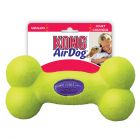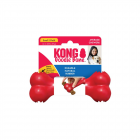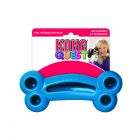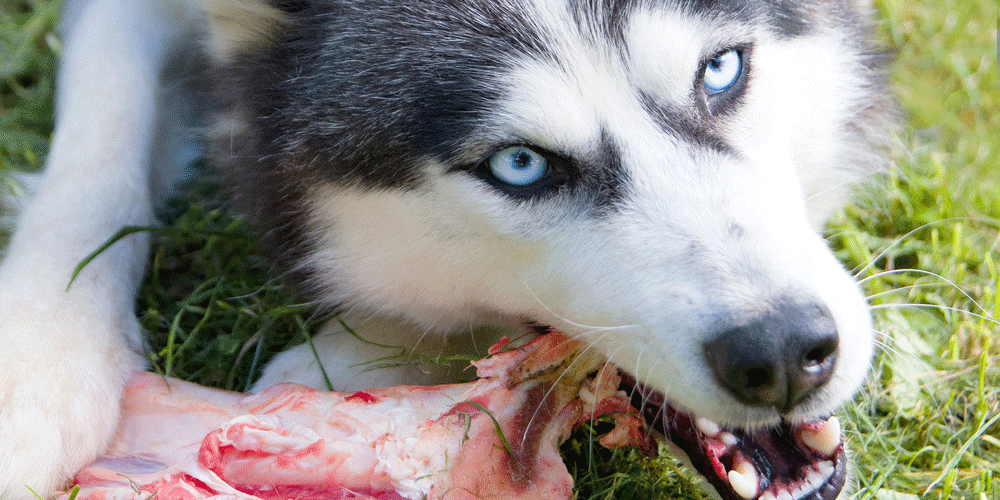
Are Bones Safe for Dogs?
G'day pet lovers! At DrCarl, we're passionate about ensuring our four-legged mates are in tip-top shape year-round. But there's one question that often causes a stir among dog owners: "Are bones safe for dogs?" So, let’s dive into the bone of contention (pun intended) and set the record straight.
A Brief History of Dogs and Bones:
Historically, wild canids consumed bones as a significant part of their diet. However, domestication and changes in canine dietary needs have sparked concerns about whether bones remain suitable for modern dogs.
The Good:
Natural Toothbrush: Chewing bones can help reduce tartar and promote healthy gums.
Nutrition: Bones are rich in minerals like calcium and phosphorus.
Mental Stimulation: Chewing is a natural behaviour that can keep dogs mentally stimulated.
The Bad:
Broken Teeth: Hard bones, like marrow bones, can lead to fractured teeth.
Choking Hazard: Small bones or bone fragments can become lodged in a dog's throat.
Digestive Complications: Consumed bones can lead to obstructions or injuries in the digestive system.
The Ugly:
Bacteria: Raw bones can be a source of harmful bacteria like Salmonella.
Peritonitis: This is a hard-to-treat bacterial infection of the abdomen caused when bone fragments pierce the stomach or intestines.
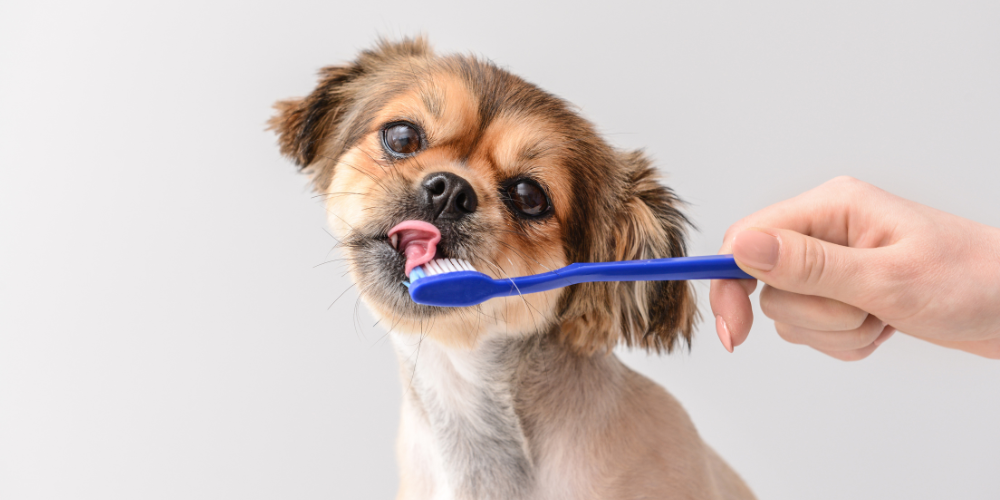

The Safest Type of Bones:
When selecting a bone for your canine companion, it's vital to make an informed choice to ensure their safety and enjoyment. Here are some general guidelines for the safest types of bones:
Raw Bones: Unlike cooked bones, raw bones are less likely to splinter. Opt for larger bones that your dog can gnaw on, rather than smaller ones they can easily swallow.
Soft Bones: Bones like chicken necks are soft enough to be chewed and digested easily by most dogs.
Bone Chews Made for Dogs: These are often processed to ensure they won't splinter and are typically fortified with nutrients. Ensure they are of a size appropriate for your dog to avoid choking hazards.
Always Supervised: Regardless of the type of bone, always supervise your dog when they're enjoying their treat. This will allow you to intervene if any issues arise.
The Worst Type of Bones:
Just as there are safe bone choices, there are also types that can pose significant risks to your dog. It's best to steer clear of the following:
Cooked Bones: When bones are cooked, they become more brittle and can easily splinter into sharp pieces, posing a risk of choking or internal injuries.
Small or Fragmented Bones: These can be easily swallowed whole or break apart into smaller pieces that can get lodged in the throat, stomach, or intestines.
Bones with High Fat Content: Bones from certain cuts of meat may have high fat content, which can lead to digestive upset or even conditions like pancreatitis in some dogs.
Tubular Bones: These are found in poultry and can easily splinter, posing a risk of choking or internal injuries.
By being informed about the safest and riskiest types of bones, dog owners can make the best choices for their furry friend's health and well-being.
Alternatives to Bones:
Dental Chews:
At DrCarl, we provide a wide variety of dental chews that not only promote oral health but are also tailored to cater to every dog size and age. Our selection includes trusted brands such as:
Dental Toys:
Keep your furry friend entertained while promoting dental health with toys such as:
It's essential to understand both the benefits and risks associated with giving bones to dogs. While bones can have advantages, the key is making informed choices, be it bones or their alternatives. DrCarl is all about ensuring our furry friends get the best, ensuring their well-being at every step.
